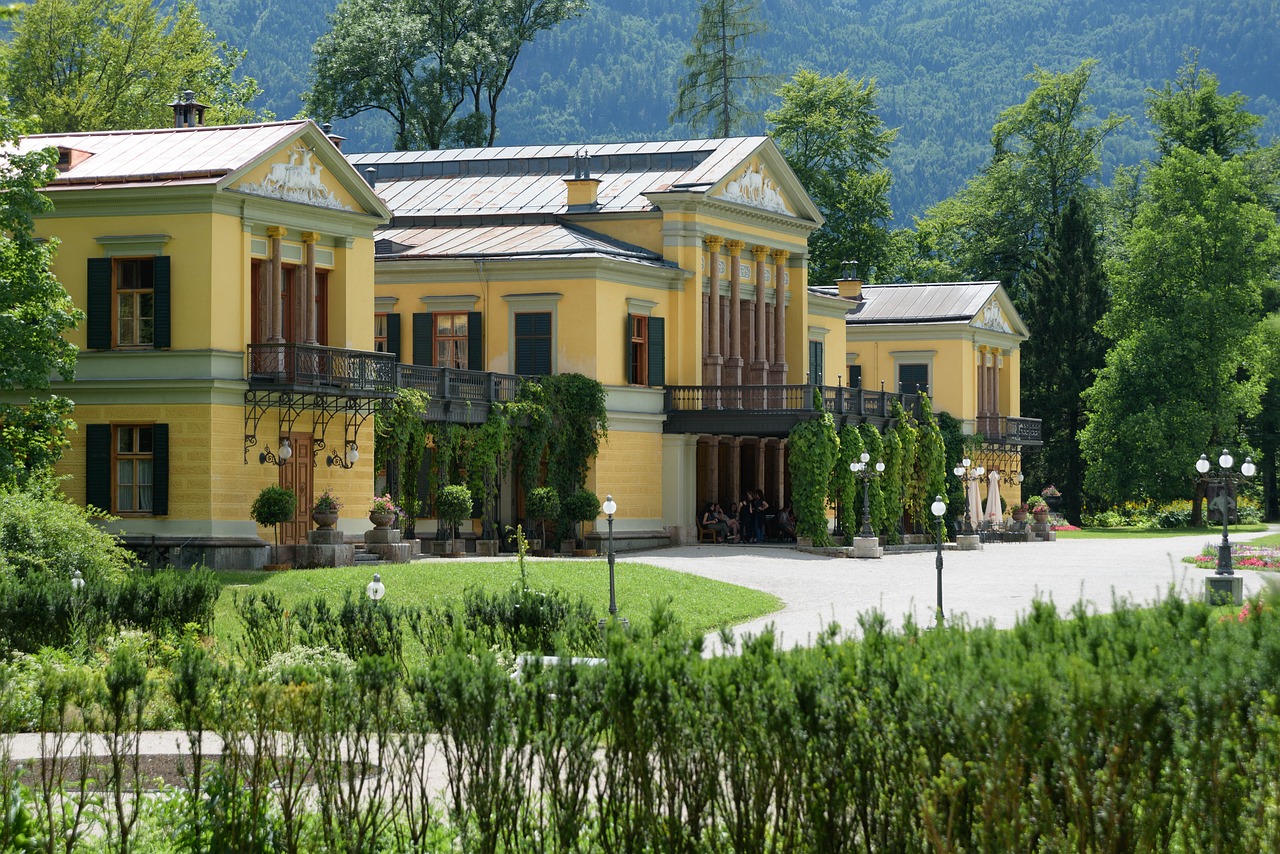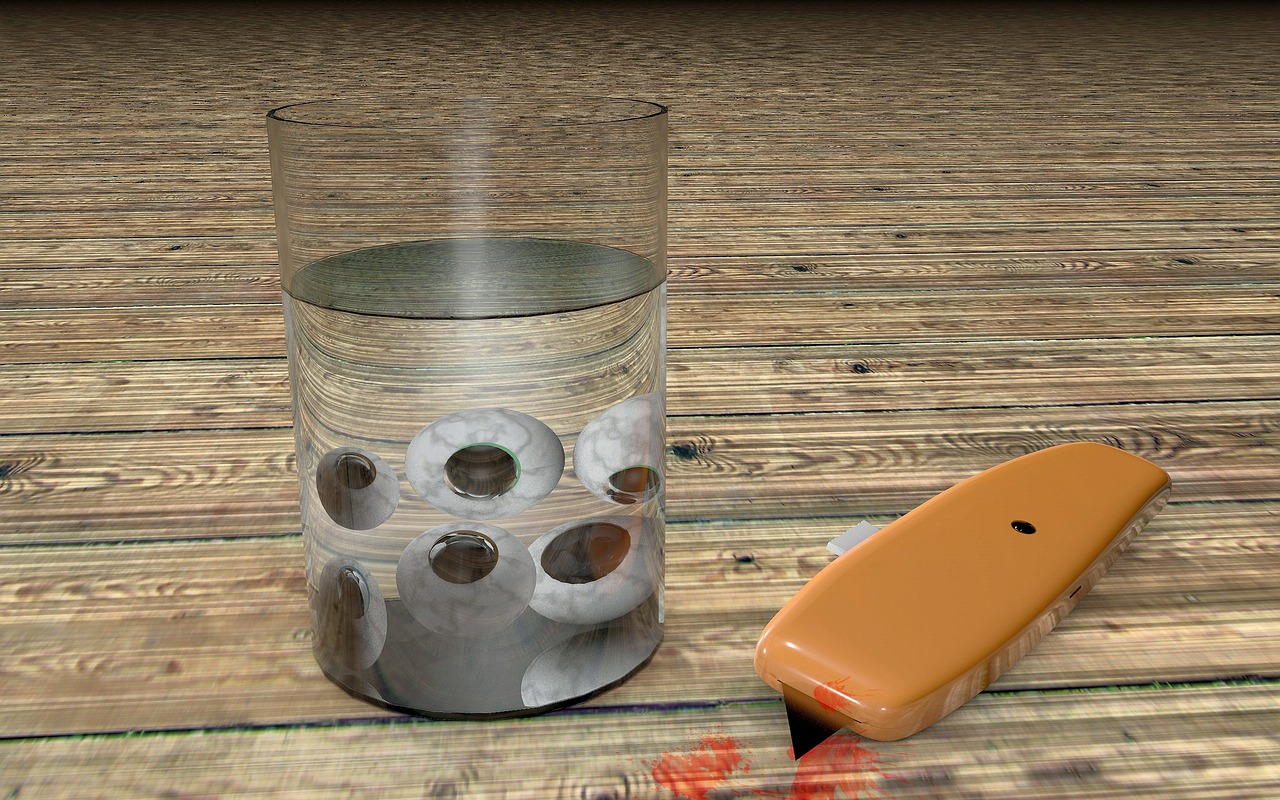The Assassination of Archduke Franz Ferdinand - Spark of War
The assassination of Archduke Franz Ferdinand, the heir to the Austro-Hungarian throne, stands as a pivotal moment in history, igniting the flames of what would become one of the deadliest conflicts the world had ever seen - World War I. The events surrounding his assassination in Sarajevo on June 28, 1914, set off a chain reaction of political tensions, alliances, and consequences that reverberated across the globe.

The Life of Archduke Franz Ferdinand
Archduke Franz Ferdinand, born on December 18, 1863, into the prestigious Habsburg dynasty, was destined for a life of royalty and responsibility. As the heir to the Austro-Hungarian throne, his upbringing was steeped in tradition and duty, shaping his views and policies as a future leader. Despite his privileged position, Franz Ferdinand held progressive ideas that set him apart from the conservative norms of his time.
Known for his strong advocacy for military reform and administrative modernization, Franz Ferdinand sought to address the ethnic and nationalist tensions within the empire. His marriage to Countess Sophie Chotek, a union that defied royal protocol due to her non-royal status, symbolized his independent spirit and willingness to challenge conventions.
However, his assassination on June 28, 1914, in Sarajevo not only ended his life but also sent shockwaves through the royal family and the empire. The tragic event not only robbed Austria-Hungary of a potential reform-minded ruler but also ignited a chain of events that would plunge Europe into the depths of war.
Despite his controversial reputation within the aristocracy, Archduke Franz Ferdinand's legacy remains a subject of historical debate. Some view him as a visionary leader ahead of his time, while others criticize his autocratic tendencies and inability to navigate the complex political landscape of early 20th-century Europe.

The Assassination Plot
The assassination plot that unfolded in Sarajevo on June 28, 1914, was a meticulously orchestrated plan by the Black Hand, a secret organization aiming for the independence of South Slavs. The key players in this plot were a group of Bosnian Serb nationalists, including Gavrilo Princip, who sought to challenge the Austro-Hungarian rule over Bosnia and Herzegovina.
The Black Hand provided support and training to the young assassins, arming them with weapons and detailed instructions on how to carry out the assassination of Archduke Franz Ferdinand, heir to the Austro-Hungarian throne. The assassination was not only a political statement but also a symbol of resistance against the oppressive imperial regime.
On the fateful day of June 28, 1914, as the Archduke and his wife, Sophie, rode through the streets of Sarajevo in an open car, Gavrilo Princip seized the opportunity and fired the fatal shots that would change the course of history. The bullets not only ended the lives of the royal couple but also set off a chain reaction of events that would lead to the outbreak of World War I.
The assassination plot, although carried out by a small group of conspirators, had far-reaching consequences that reverberated across Europe and beyond. It exposed the underlying tensions and rivalries between major powers, triggering a series of diplomatic crises and military mobilizations that ultimately plunged the world into a devastating global conflict.

Gavrilo Princip: The Assassin
Gavrilo Princip, the young Bosnian Serb who forever altered the course of history with his fateful actions on June 28, 1914. Born into a tumultuous era of nationalism and political unrest, Princip became a symbol of the fervent desire for independence among the South Slav populations under Austro-Hungarian rule. His radical ideologies and fervent nationalist sentiments drove him to join the secret organization known as the Black Hand, which sought to liberate the Slavic peoples from imperial control.
Princip's personal circumstances, marked by poverty and disillusionment, further fueled his commitment to the cause of Slavic liberation. On that fateful day in Sarajevo, armed with a pistol and a sense of righteous purpose, Princip carried out the assassination of Archduke Franz Ferdinand and his wife, Sophie, sending shockwaves across Europe and setting the stage for the cataclysmic events that would follow.
The assassination carried out by Gavrilo Princip was not merely a political act but a deeply personal one, driven by a profound sense of duty and sacrifice for his people. His actions, though condemned by some as reckless and extreme, were hailed by others as a bold statement of defiance against oppressive imperial powers. Princip's legacy as the assassin of Archduke Franz Ferdinand remains a subject of debate and controversy, with interpretations varying widely among historians and scholars.

Immediate Aftermath
After the shocking assassination of Archduke Franz Ferdinand and his wife Sophie in Sarajevo on June 28, 1914, the immediate aftermath was a flurry of chaos and diplomatic tension. Austria-Hungary swiftly launched investigations to uncover the culprits behind the assassination plot. The authorities apprehended several individuals linked to the Black Hand, the secret organization responsible for orchestrating the assassination. The arrests fueled suspicions and accusations, leading to a rapid escalation of tensions within the empire.
Simultaneously, Austria-Hungary sought support from its ally, Germany, while issuing an ultimatum to Serbia, holding them responsible for the assassination. The ultimatum contained harsh demands that Serbia was unlikely to fully meet, setting the stage for a potential conflict. As the diplomatic maneuvering unfolded, other European powers began to take sides, forming alliances and preparing for the possibility of war.
The assassination of Archduke Franz Ferdinand acted as a catalyst, triggering a series of events that would eventually plunge Europe into the depths of World War I. The domino effect of declarations of war reverberated across the continent, with each action intensifying the gravity of the situation. The once-distant specter of war became a grim reality, shattering the fragile peace that had prevailed in Europe.

Declaration of War
When Archduke Franz Ferdinand was assassinated on June 28, 1914, the world stood on the brink of a catastrophic conflict. The event triggered a series of rapid diplomatic maneuvers and ultimatums among the European powers, ultimately leading to a declaration of war that would engulf the continent in unprecedented violence.
Following the assassination in Sarajevo, Austria-Hungary issued an ultimatum to Serbia, holding them responsible for the attack. As tensions escalated, the complex web of alliances within Europe began to unravel, with countries aligning themselves in support or opposition to each other.
On July 28, 1914, exactly one month after the assassination, Austria-Hungary declared war on Serbia, marking the official beginning of hostilities. This move set off a chain reaction of declarations as other nations were drawn into the conflict due to their alliances and obligations.
Germany, in support of Austria-Hungary, declared war on Russia and France. In response, Russia mobilized its forces, prompting Germany to also declare war on Russia. The domino effect continued as France, Britain, and other countries entered the fray, leading to the full-scale outbreak of World War I.
The declaration of war following the assassination of Archduke Franz Ferdinand was not just a formality; it was a decisive moment that set in motion a series of events that would shape the course of history for years to come. The world had been plunged into a conflict of unprecedented scale and brutality, all stemming from the single gunshot fired in Sarajevo.

Impact on World History
The assassination of Archduke Franz Ferdinand sent shockwaves through the world, triggering a chain of events that reshaped the course of history. The ripple effect of this fateful event was felt far and wide, leaving a lasting impact on world politics, society, and global dynamics.
One of the most significant consequences of the assassination was the eruption of World War I, a devastating conflict that engulfed nations and changed the face of warfare forever. The war not only caused immense loss of life and resources but also led to the downfall of empires and the redrawing of borders across Europe and the Middle East.
Moreover, the assassination of Franz Ferdinand marked the end of an era of relative peace and stability in Europe, ushering in a period of unprecedented turmoil and uncertainty. The war that followed reshaped power structures, alliances, and ideologies, setting the stage for the tumultuous events of the 20th century.
The aftermath of World War I saw the emergence of new political ideologies, the rise of totalitarian regimes, and the seeds of future conflicts sown in the Treaty of Versailles. The legacy of the assassination reverberated throughout the 20th century, influencing the rise of nationalism, the struggle for self-determination, and the quest for global dominance.
Furthermore, the impact of Franz Ferdinand's assassination extended beyond the geopolitical realm, shaping cultural movements, artistic expressions, and societal attitudes. The war's devastation and the loss of a generation left a deep scar on the collective consciousness of humanity, fueling a quest for peace, reconciliation, and international cooperation.

Historiographical Perspectives
Historiographical Perspectives on the assassination of Archduke Franz Ferdinand offer a diverse range of interpretations and analyses that shed light on the complexities of this pivotal event in history. Historians and scholars have approached this subject from various angles, each offering unique insights into the causes and consequences of the assassination.
Some historians view the assassination as a mere trigger that set off a pre-existing powder keg of political tensions and rivalries in Europe. They argue that the assassination itself was not the sole cause of World War I but rather a culmination of long-standing animosities and power struggles between major European powers.
On the other hand, certain scholars emphasize the role of individual actors, such as Gavrilo Princip, in shaping the course of history through their actions. They delve into the personal motivations, ideologies, and circumstances that drove Princip to assassinate the Archduke and how this single act reverberated across the globe.
Moreover, historiographical perspectives also explore the broader implications of the assassination on the socio-political landscape of the early 20th century. By analyzing the responses of various nations, the formation of alliances, and the diplomatic maneuverings that followed the assassination, historians offer nuanced accounts of how the world was plunged into a devastating conflict.
Furthermore, scholars continue to debate the significance of Archduke Franz Ferdinand's assassination in shaping the modern world. Some argue that it marked the end of an era dominated by empires and heralded the beginning of a new age of nationalism and self-determination. Others contend that the assassination highlighted the fragility of international peace and the dangers of unchecked militarism.
In conclusion, historiographical perspectives on the assassination of Archduke Franz Ferdinand provide a rich tapestry of interpretations that invite readers to explore the complexities of this seminal event. By examining the diverse viewpoints and analyses put forth by historians, we gain a deeper understanding of how one fateful act in Sarajevo reverberated throughout the 20th century and continues to shape our world today.

Legacy and Commemoration
Legacy and Commemoration of Archduke Franz Ferdinand's assassination hold a significant place in history, shaping our understanding of conflict and diplomacy. The event continues to be commemorated through various forms, including memorials, exhibitions, and academic discussions. One notable commemoration is the Sarajevo City Museum, located in the very place where the assassination took place. The museum stands as a solemn reminder of the events that unfolded on that fateful day in 1914, inviting visitors to reflect on the consequences of political turmoil and nationalistic fervor.
Furthermore, the legacy of Archduke Franz Ferdinand's assassination extends beyond physical memorials. It serves as a cautionary tale about the dangers of escalating tensions, the fragility of peace, and the unforeseen consequences of political violence. The event is often studied in academic settings to analyze the intricacies of alliances, nationalism, and the chain reactions that can lead to catastrophic global conflicts.
In addition to formal commemorations, the assassination of Archduke Franz Ferdinand has left a lasting impact on the collective memory of nations affected by World War I. Through literature, art, and historical accounts, the event is woven into the fabric of cultural narratives, preserving the stories of those who lived through the tumultuous period of the early 20th century. It serves as a reminder of the human cost of war and the complexities of navigating international relations in a rapidly changing world.
Frequently Asked Questions
- What were the motives behind the assassination of Archduke Franz Ferdinand?
The assassination of Archduke Franz Ferdinand was motivated by the desire for South Slav independence by the Black Hand, a secret organization. They saw the Archduke as a symbol of oppression and sought to spark a revolution against Austro-Hungarian rule.
- Who was Gavrilo Princip and why did he assassinate the Archduke?
Gavrilo Princip was a Bosnian Serb nationalist who believed in the liberation of South Slavs from Austro-Hungarian control. He saw the Archduke as a key figure representing the oppressive regime and saw his assassination as a means to advance the cause of independence.
- How did the assassination of Archduke Franz Ferdinand lead to World War I?
The assassination triggered a series of diplomatic tensions and alliances among European powers. Austria-Hungary's ultimatum to Serbia, backed by Germany, and the subsequent chain reaction of declarations of war resulted in the outbreak of World War I.
- What were the immediate consequences of the assassination?
Immediately following the assassination, Austria-Hungary issued demands to Serbia, leading to a breakdown in diplomatic relations. This event set off a series of events that ultimately escalated into a global conflict involving major world powers.
- How did the assassination of Archduke Franz Ferdinand impact world history?
The assassination reshaped the geopolitical landscape of Europe and set the stage for the devastating conflict of World War I. It marked the beginning of a new era in international relations and had far-reaching consequences that reverberated throughout the 20th century.



















